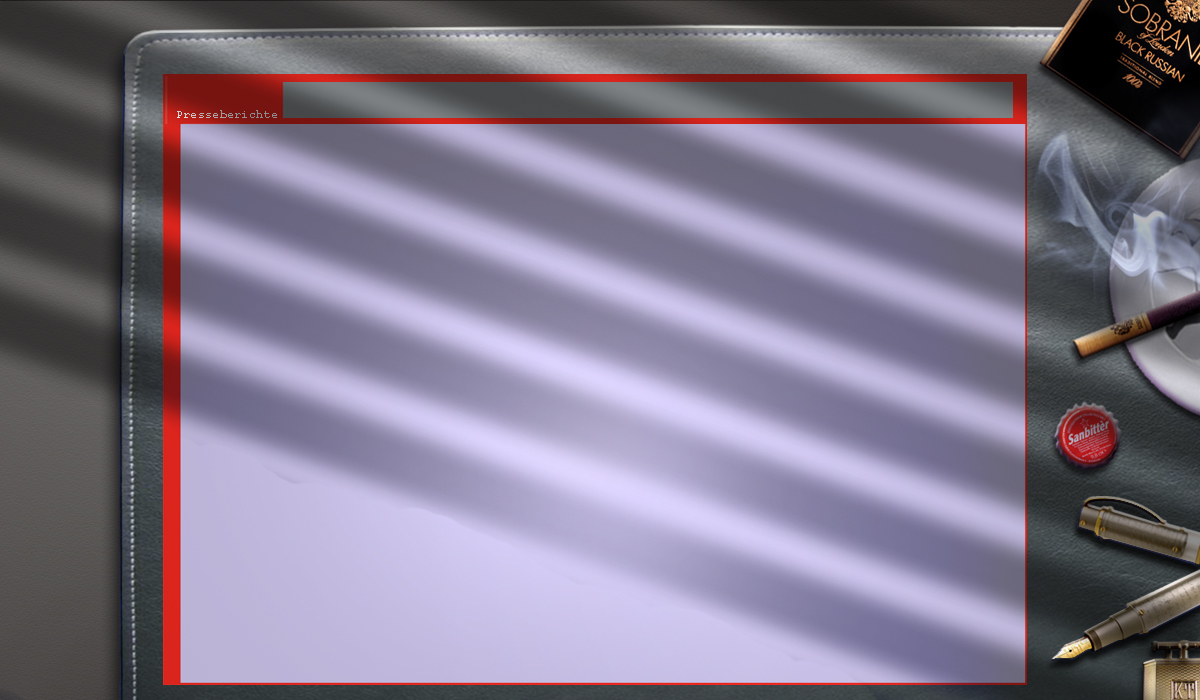

| Themenübersicht: |
| Bulgarian court orders extradition of ex-Nashville businessman | ||
| By ANNE PAINE Staff Writer A court in Bulgaria ordered former Nashville businessman Sahib al-Haddad yesterday to be extradited to Germany to stand trial on charges that he arranged sales to Iraq of tools that could be used to make weapons, in violation of trade laws.Al-Haddad is not contesting the transfer, which could take place within the next two weeks. His attorneys said he requested it, so he will have a chance in court to clear his name of wrongdoing. In the meantime, al-Haddad was to be moved from a prison cell to the prison's hospital because of health problems. ''We pleaded to be extradited as quickly as possible,'' said German attorney Michael Rietz, one of several attorneys with al-Haddad in court yesterday. That was not meant as an admission to German prosecutors' accusations that he sold banned items to Iraq, he said. Rather, said Diana Daskalova, one of al-Haddad's Bulgarian attorneys, he wants to return to Germany, adding: ''He wants to face the authorities.'' The 59-year-old Iraqi-born American citizen was arrested Nov. 25 in Sofia, Bulgaria, on an Interpol warrant out of Germany. German prosecutors say he brokered deals for specialized drills that can be used to make guns capable of hurling explosive, chemical or biological shells up to 35 miles against Iraq's enemies. They also say he tried to arrange the sale of replacement parachutes and other parts for MiG fighter aircraft. Such shipments violate German law and U.N. sanctions imposed after Iraq invaded Kuwait in 1990. Al-Haddad, prosecutors charge, brought lists from Baghdad in the late 1990s of items that the Iraqi government sought and that he shipped materials through Jordan. Two Germans who say they sold drills through al-Haddad were tried and sentenced last month in Mannheim, Germany. Engineer Bernd Schompeter, 59, received five years and three months. Co-defendant Willi Heinz Ribbeck, 53, who worked for the firm that made the tools, received two years probation. Al-Haddad lived in Nashville for more than 20 years, where he traded grain, asphalt and other materials with several countries, including Iraq. A now-defunct company he owned here turned up on a list of firms that Iraq says sold it chemicals in the 1980s. That was before U.N. sanctions began. The Nashville company sold 60 tons of a chemical that could be used to make the nerve gas sarin, according to The New York Times. Al-Haddad, who sold chemicals that could be used in agriculture, told The Tennessean in 1987 that he never sent anything intended for war. Middle Tennessee News & Information, Tuesday, 02/11/03 |